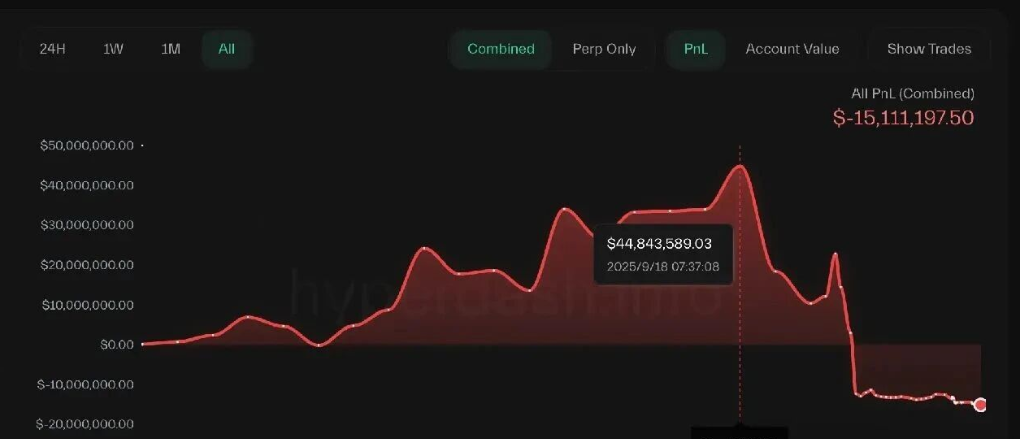IRS delays implementing crypto cost-basis reporting rules
Quick Take The IRS has moved crypto tax reporting rules back to Dec. 31 to let brokers adapt to new regulations. The new rule required users to choose tax accounting methods for crypto assets unavailable on centralized brokerage platforms.

The U.S. Internal Revenue Service announced Wednesday that it will postpone new tax reporting requirements for cryptocurrencies until the start of 2026. The delay will allow brokers to adapt to the new regulations on determining the cost basis for cryptocurrencies on centralized platforms.
In July, the IRS and Treasury Department finalized and published new rules for determining which cryptocurrency units are sold when investors hold multiple units in a brokerage account, such as a centralized exchange.
Under these rules, if a taxpayer has not identified a preferred accounting method, the First-In, First-Out (FIFO) method will be applied, treating the earliest acquired crypto assets as sold first. The mandate was set to go into effect on Jan. 1, 2025, and now it's postponed by one year.
“Now, there was a practical problem with this approach,” CoinTracker Head of Tax Shehan Chandrasekera wrote on X. The tax expert explained that almost all centralized finance (CeFi) brokers were not prepared to support the specific identification method that allows users to choose which cryptocurrency units they are disposing of.
This would have left crypto investors with no option but to sell assets under FIFO from the start of 2025, which Chandrasekera said could have been “disastrous” in the current bull market environment.
“You’d be unintentionally selling the earliest purchased asset (which tends to have the lowest cost basis) first while unknowingly maximizing your capital gains,” the tax expert wrote.
The temporary relief signed off by the IRS gives a one-year grace period, during which brokers are expected to develop support for other accounting methods. The new tax accounting rule will take effect on Jan. 1, 2026.
Meanwhile, the Blockchain Association, the DeFi Education Fund, and the Texas Blockchain Council filed a lawsuit last week to challenge another IRS rule requiring some DeFi brokers to store and report users' personal information and trading history to the agency starting in 2027.
Disclaimer: The content of this article solely reflects the author's opinion and does not represent the platform in any capacity. This article is not intended to serve as a reference for making investment decisions.
You may also like
Google Finance Integrates AI and Prediction Market Data for Smarter Insights

Kazakhstan launches a billion-dollar crypto fund with seized assets

Ripple Avoids Wall Street After SEC Victory

The Story of Brother Machi's "Going to Zero": Just Be Happy

